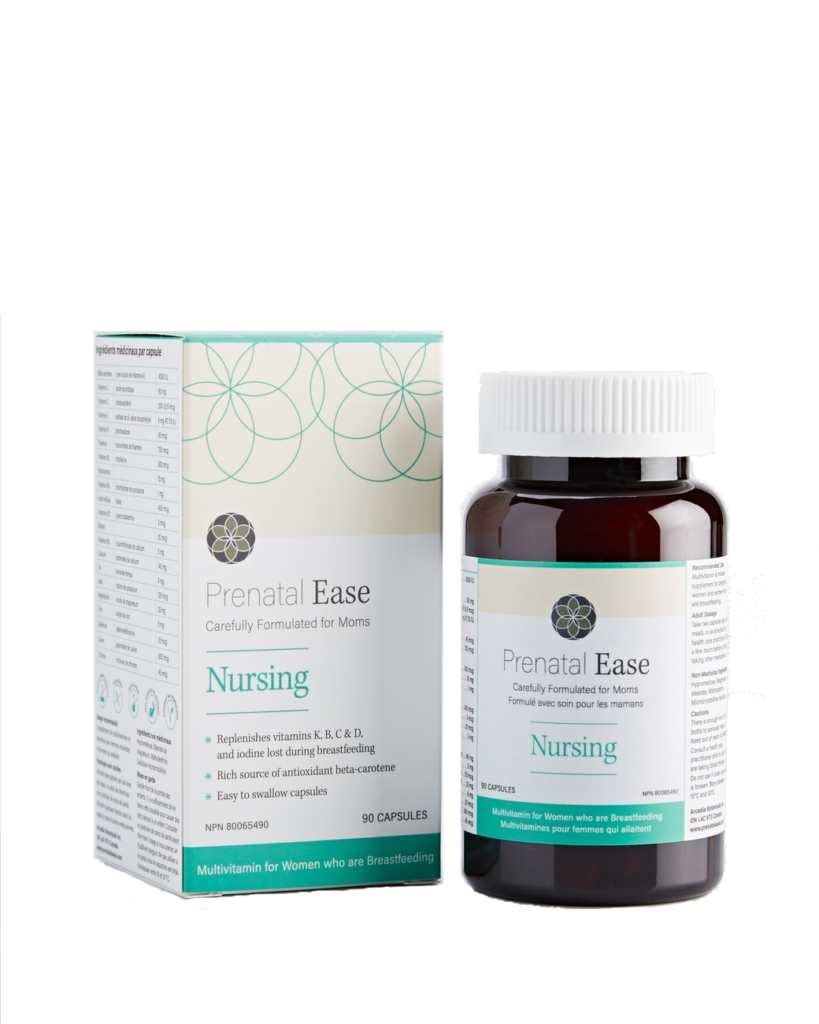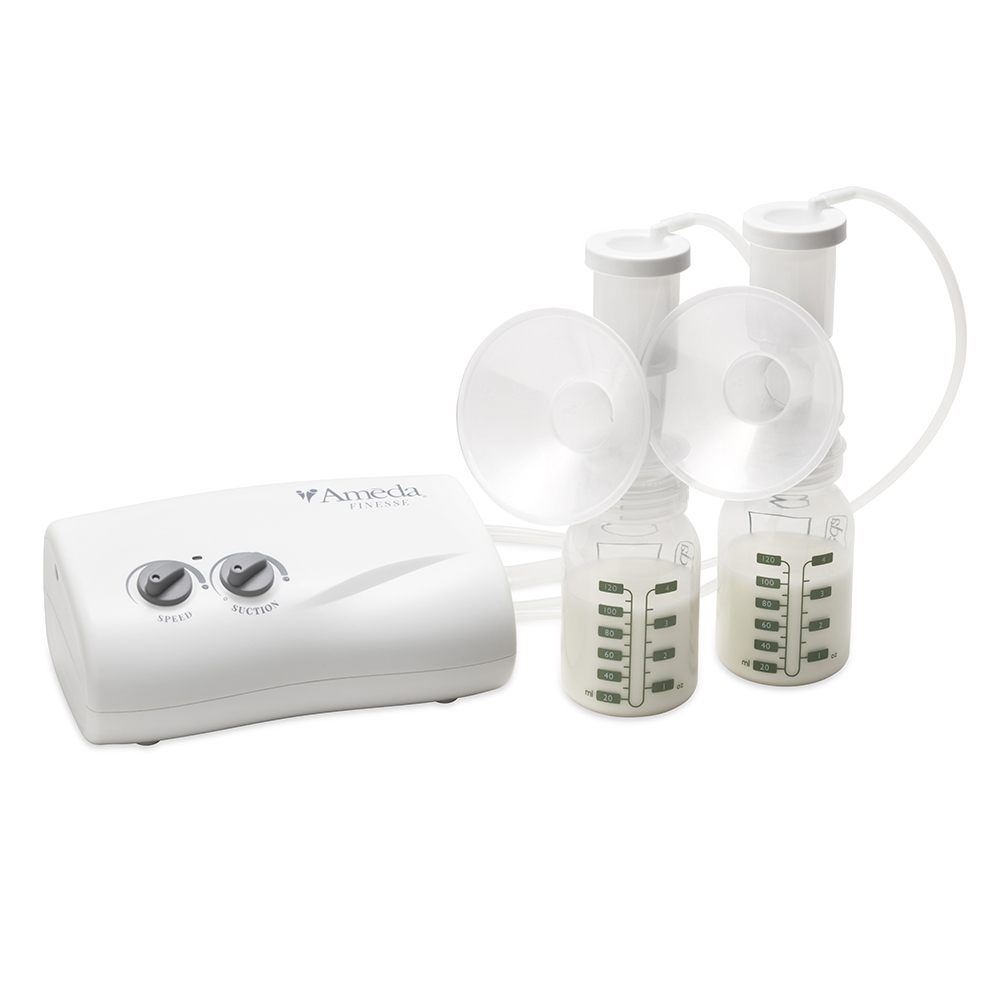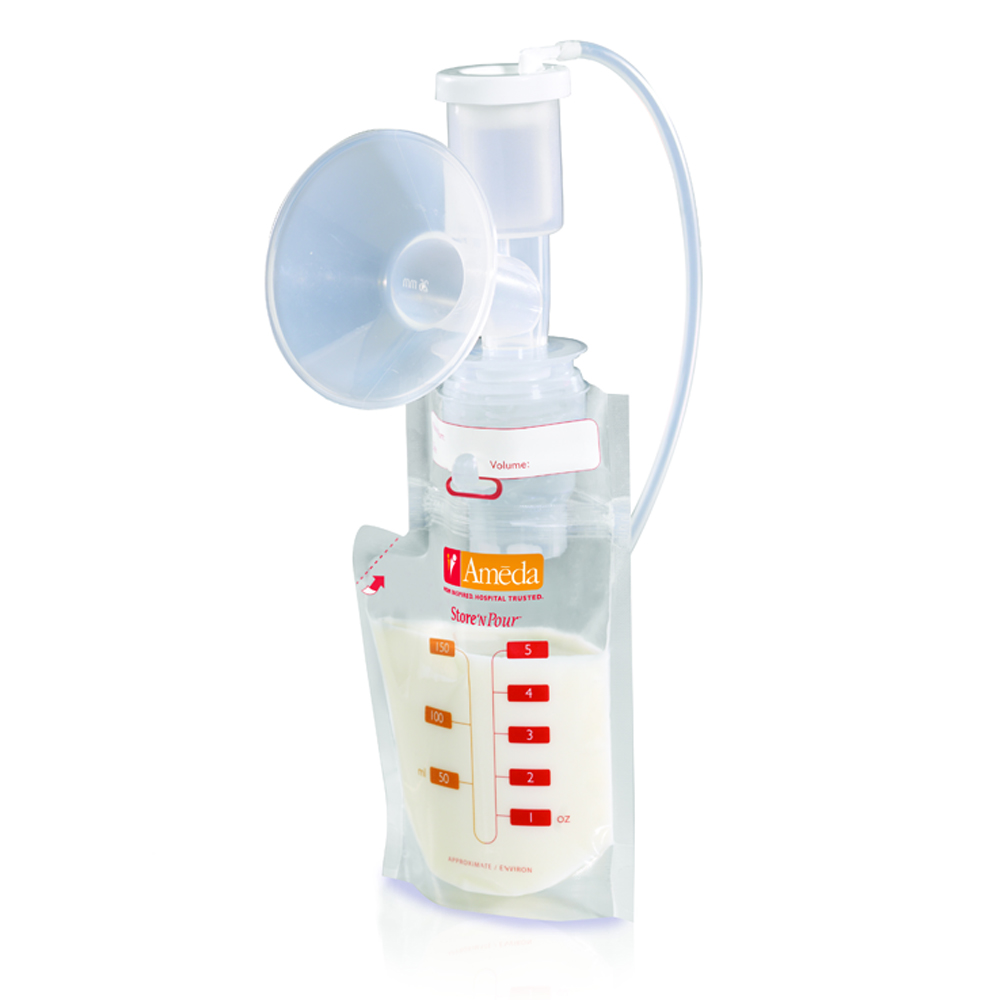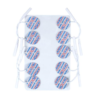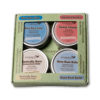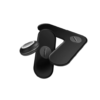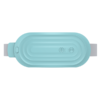Breastfeeding Diet Basics – Tips for Nursing Moms

Breastfeeding Diet Basics – Tips for Nursing Moms
We know that breast milk is the best food for your baby, but what about you? Are there certain foods that affect the quality of your breast milk? It’s a valid question and one that doesn’t have a simple answer.
Maintaining a nutritionally balanced diet is the best way to ensure that both you and your baby are getting what you need. As with most things parenting-related, there is no “one size fits all” solution. Together you will find what works best for both you and your baby. If you are concerned, you should consult your doctor or breastfeeding professional.
Are there foods I should avoid while I’m breastfeeding?
ANSWER:
In short, no. There are no foods that all mothers must avoid. Contrary to popular belief, in most cases, there is no need to avoid chocolate, spicy foods, onions, garlic, broccoli, or cabbage. Moderation is the key.
In one study, mothers consumed an abundance of garlic—more than anyone could eat with a meal. And their babies actually breastfed more because they liked the taste! In countries such as Thailand and Mexico, where spicy food is a part of their cultural diet, moms continue to breastfeed their babies with no ill effects. It’s also worth noting that your breast milk tends to carry the flavours of the food you eat. So enjoying a varied diet may result in your baby having a more diverse palate later in life!
My diet isn’t even close to perfect. Will my breast milk still be good for my baby?
ANSWER:
Absolutely. We all know that eating a balanced and nutritionally rich diet is good for you (it boosts energy and your resistance to illness). But maintaining an ideal diet is not necessary when it comes to producing good quality breast milk. According to breastfeeding expert, Ruth Lawrence, MD, “All over the world women produce adequate and even abundant milk on very inadequate diets.” Studies have found that it takes several weeks of famine conditions before a mother’s milk is affected.
With that being said, if you feel like your diet is lacking you may want to consider taking supplements. There are vitamins and supplements available such as Prenatal Ease Nursing, that are formulated specifically for breastfeeding moms. Look for a supplement that will aid in replenishing the minerals and vitamins lost during breastfeeding (e.g. iron, zinc, and calcium).
How will I know if my baby is reacting to something I’ve eaten?
ANSWER:
Firstly, keep in mind that almost all babies go through fussy periods. Reactions such as this being in direct correlation to your diet would be considered very unusual. Your baby’s fussiness is probably unrelated to your diet.
A few more relevant signs that your baby is having a reaction could include dry skin, congestion, bloody stool, rash, or wheezing. If you suspect that something in your diet is affecting your baby, the first step is to eliminate that food from your diet. (Note: cow’s milk takes two or so weeks to clear.) Then try reintroducing it. If your baby’s reaction reappears, you’ll know to avoid that food for a few months.
The older your baby gets, the less likely they are to have a reaction to your diet. (Most babies will not react after approximately six to nine months of age.) The most likely culprits are often protein foods such as dairy, soy, egg whites, peanuts, and fish. Changing your diet using the process of elimination will tell you if something in your diet is causing your baby’s symptoms.
Do I need to increase my calories to increase breast milk production?
ANSWER:
No. Just “eat to hunger.” Extra calories do not seem to be as important as was once thought. Your fat stores at your baby’s birth provide much of the fuel needed to produce breast milk. Research has found that your metabolism may be more efficient while breastfeeding than at other times which may reduce your need for extra calories. More active mothers will need more calories, but they will likely also feel hungrier . Listen to your body, it will tell you if you need more calories.
As a vegetarian, is there anything special I need to know?
ANSWER:
The biggest concern for mothers that follow vegetarian, vegan, macrobiotic, or other diets that don’t include animal products, is the risk of a B12 deficiency. Usually, vitamin B12 is transferred through the placenta to the fetus during pregnancy and through breast milk subsequently. So if a breastfeeding mother is deficient, her infant may also become deficient. Vitamin B12 is essential in supporting brain development and producing healthy red blood cells in infants.
Ensure either your diet includes foods that are rich in vitamin B12 (such as eggs or dairy), you eat foods with vitamin B12 added, or you take supplements. Consult your healthcare provider to determine which supplement is best suited for your needs.
Are there certain foods that will increase my breast milk production?
ANSWER:
Nothing we are aware of has been scientifically proven to increase breast milk production. Again, breast milk production is based on how many times per day your milk is drained well from your breasts. The more times you breastfeed or express your milk and the more drained your breasts are, the more milk you will make. For information on herbal and prescribed medicines that increase milk production, consult your lactation consultant.
Can I diet while I’m breastfeeding?
ANSWER:
While we don’t necessarily advocate for “dieting” but rather adopting a more healthy lifestyle and balanced nutritional diet, the answer is yes. If you are considering dieting, this may in fact be the best time, as breastfeeding helps burn fat stores. It’s best to go slowly and lose weight gradually. Your chosen diet should include at least 1800 calories per day. Talk to your doctor about what a healthy weight should be for your unique frame. Any diet should be rich in fruits and vegetables and lean protein.
If your meal plan includes artificial sweeteners, use them in moderation, one to two servings per day.
Is caffeine safe while breastfeeding?
ANSWER:
As with all parts of your diet, moderation is key. One or two cups of coffee (or other caffeinated drinks such as teas or colas) are not likely to cause a reaction. Unless your baby is unusually sensitive, there is no need to abstain.
How much should I drink while I’m breastfeeding?
ANSWER:
“Drink to thirst” is the simple rule of thumb. Research has not yet found a link between the quantity of fluids a mother drinks and her milk production. Rather, milk production is based on the number of times per day your milk is drained well from your breasts. A tell-tale sign that you need more fluids is if your urine is dark yellow. Keeping a container of water or juice at your usual nursing spot makes it easier to grab a drink when you’re thirsty.
Can I have an occasional glass of beer or wine while I’m nursing?
ANSWER:
Moderate to heavy drinking is risky for your baby. However, a little alcohol in the milk now and then has not been found to be harmful.
Moms who want to avoid any alcohol in their breast milk should keep to having their drink right after nursing. Research shows that alcohol passes quickly into a mother’s milk, peaking within 30 to 60 minutes (60 to 90 minutes when taken with food). But it also passes out of milk quickly. For a 120-pound woman, it takes approximately 2 to 3 hours for the alcohol in one glass of beer or wine to leave your milk. And there is no need to pump to make your breast milk alcohol-free. As your blood alcohol levels drop, alcohol leaves the milk.
Note that if you are having a stronger drink or more than one glass of beer or wine, it will take much longer for the alcohol to leave your milk.
This is general information and does not replace the advice of your healthcare provider. If you have a problem you cannot solve quickly, seek help right away.
Adapted from: Nancy Mohrbacher, IBCLC, FILCA, Lactation Consultant Co – author of Breastfeeding Made Simple: Seven Natural Laws for Nursing Mothers

